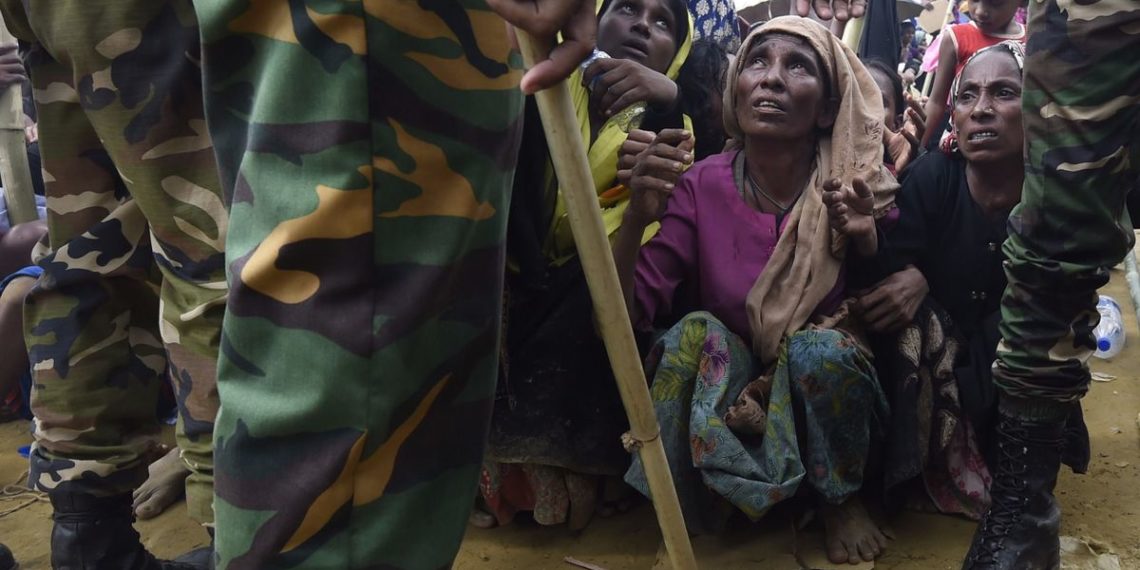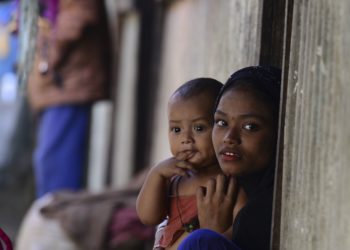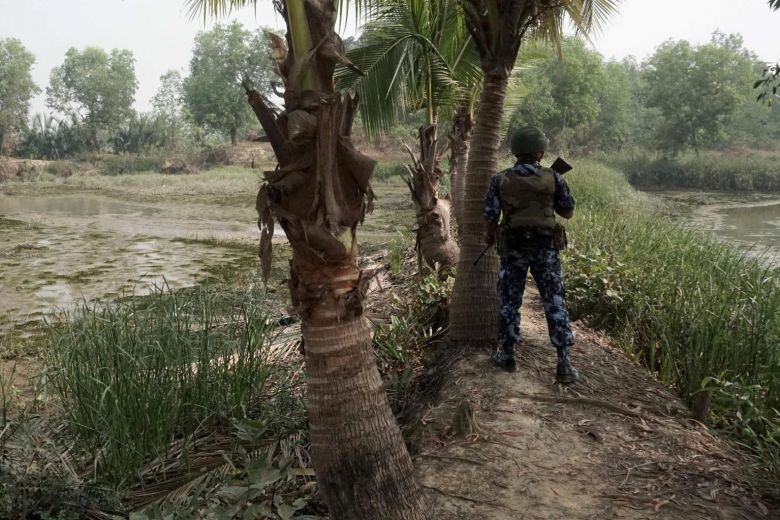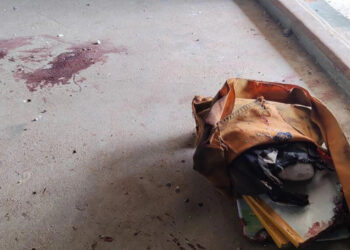This month saw three landmark international legal actions taken against Myanmar over its bloody 2017 military crackdown that forced some 740,000 Rohingya Muslims to flee into neighboring Bangladesh.
Bangladesh has, since the 1970s, offered generous support to waves of Rohingya refugees. However, it is unreasonable to expect a single country, particularly one that is already densely populated and under-resourced, to integrate over one million individuals.
Because Myanmar’s civilian government has only made symbolic, insincere attempts to facilitate Rohingya return, the responsibility for their protection falls in the hands of the international community.
Legal Cases Against Myanmar
In an attempt to hold Myanmar accountable, the country is now facing a barrage of legal challenges from all over the world. The Gambia, on behalf of the 57 nations of the Organization of Islamic Cooperation, filed a case at the U.N.’s top court, alleging the Southeast Asian country of violating the 1948 U.N. Genocide Convention.

Meanwhile, the International Criminal Court (ICC) in The Hague approved a request to investigate alleged crimes against humanity over the military crackdown. In Argentina, human rights advocates filed a lawsuit naming civilian leader and one-time democracy icon Aung San Suu Kyi and army chief Min Aung Hlaing as complicit.
These are the first international attempts to implicate Myanmar for the alleged genocide. But will any of the measures bring justice to the Rohingya refugees in Bangladesh or those remaining in Myanmar living under the brutal regime of military and intercommunal oppression?
Rohingya’s Plight
Sadly, it is unlikely that the legal actions will lead to significant immediate relief for the Rohingya. Myanmar has already rejected the ICC investigation, and it is not likely that it will turn over those named in the lawsuits for investigation or arrest.
Myanmar is not a member of the ICC and not obliged to cooperate. Bangladesh, on the other hand, is a member. Given that the majority of Rohingya now reside in Bangladesh, the ICC has jurisdiction to investigate in the country.
Yet, even without direct results, the cases are important because they may raise the Rohingya plight’s visibility with the international community and force governments to take seriously how they might support the Rohingya through resettlement opportunities, resource distribution to Bangladesh, or other tangible measures.
While the situation in Myanmar for the Rohingya has deteriorated in recent years, international awareness of the crisis has increased dramatically. This attention has not yet led to international powers and governments taking action. The gravity of the legal cases is critical in shifting responsibility from one or a handful of regional governments to the international community more broadly.
Last year, under significant international pressure, Myanmar’s government appointed its own committee to investigate crimes against the Rohingya. Government spokesman Zaw Htay, in response to the legal actions, noted that the committee would continue its internal probe in lieu of the ICC investigation, which he argued was not in line with international law. The process and status of these domestic investigations are unclear, but the global actions may put pressure on Myanmar to move forward.
Repatriation Is No Option
In the two years since the Rohingya fled to Bangladesh, the political situation in Myanmar has only deteriorated, particularly for ethnic and religious minorities. In Northern Rakhine State, where the Rohingya have native roots and until 2017 lived relatively peacefully alongside Rakhine Buddhists, reports have emerged that landmines and barbed wire have been placed along the border with Bangladesh to prevent the voluntary return of the Rohingya.
Some 200,000 Rohingya rally in a Bangladesh refugee camp to mark two years since they fled a violent crackdown by Myanmar forces, just days after a second failed attempt to repatriate the refugees https://t.co/mFy3RjsZwC pic.twitter.com/fIaDGQhdRK
— AFP News Agency (@AFP) August 25, 2019
Entire Rohingya villages – including homes, mosques, and schools – have been razed to the ground, leaving Rohingya without a place to return. Islamophobic hate speech and intolerance have soared with the rise of social media in the once isolated country.
The conditions that produced the violent expulsion of the Rohingya still exist and, if anything, have been exacerbated with the military’s resurgence. Repatriation to Myanmar is not an option for the Rohingya.
Slow-Burning Genocide
The Rohingya’s situation can only be described as a slow-burning genocide, one that has plagued the community and country for over five decades. It may take years, if not decades, to reverse the political, social, and psychological warfare within Myanmar that created the conditions for the Rohingya persecution.
Myanmar’s approaching 2020 national elections offer an opportunity to apply pressure on the government that might lay the groundwork for social and political reform. In the meantime, the Rohingya cannot wait. The international community must step up to protect them from further harm.
Disclaimer: The views and opinions expressed here are those of the author and do not necessarily reflect the editorial position of The Globe Post.



















